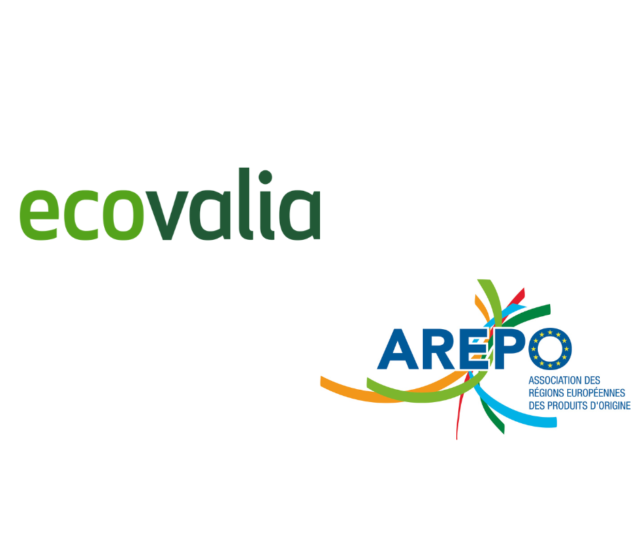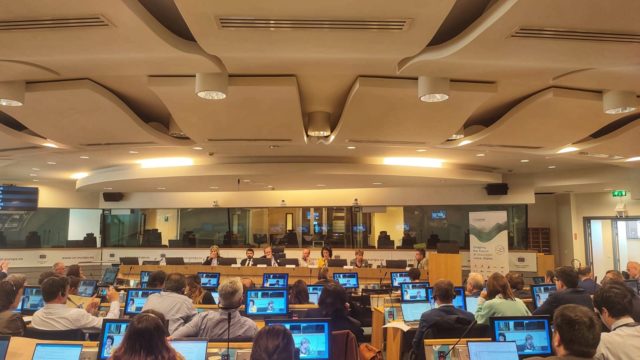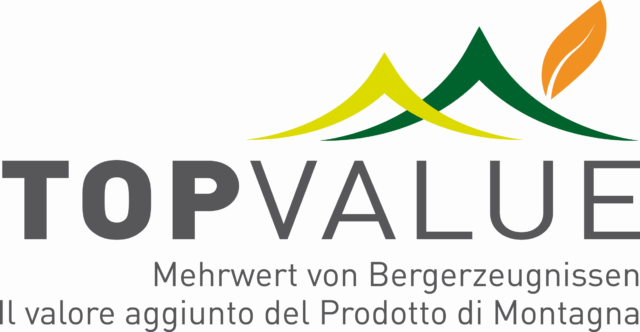The European Parliament (EP) adopted with 520 votes in favour, 19 against and 64 abstentions, the new regulation on geographical indications for wine, spirit drinks and agricultural products, as well as traditional specialities guaranteed and optional quality terms for agricultural products.
AREPO welcomes the vote expressed by the Plenary. It concludes a process of revision of the regulation that has engaged us constantly over the past few years. We are confident that the changes that will come into force will strengthen the system, responding to the challenges of sustainable development of our rural areas and empowering producers to play an increasingly leading role in the valorisation of quality production. This new regulation is the starting point for relaunching, within a secure legal framework, reflections on the role of EU geographical indications and quality products in the future CAP and in the context of the long-term vision for rural areas.
The regulation will create a single regulation covering agricultural products and foodstuffs, wines and spirit drinks, with some specific provisions on wine remaining in the CMO regulation.
GIs protection will be improved, especially online and on domain names and when GIs are used as ingredients.
The role of producer groups is strengthened, introducing more powers and responsibilities for recognised producer groups. Producers will also have the possibility to explain their commitment towards economic, environmental and social sustainability by including the sustainable practices adopted either in the product specification or in a sustainability report, accompanying GI product specification and published on an EU portal.
DG Agri will remain in charge of the management of the GI system. A joint statement by the European Parliament and the Council, annexed to the regulation, leaves the possibility for the European Commission to be assisted, only with regard to the execution of administrative tasks, if and to the extent that it is possible under the existing legal framework.
The Council will have to formally adopt the regulation. Then it will enter into force 20 days after its publication in the Official Journal of the EU.
More information available here.









